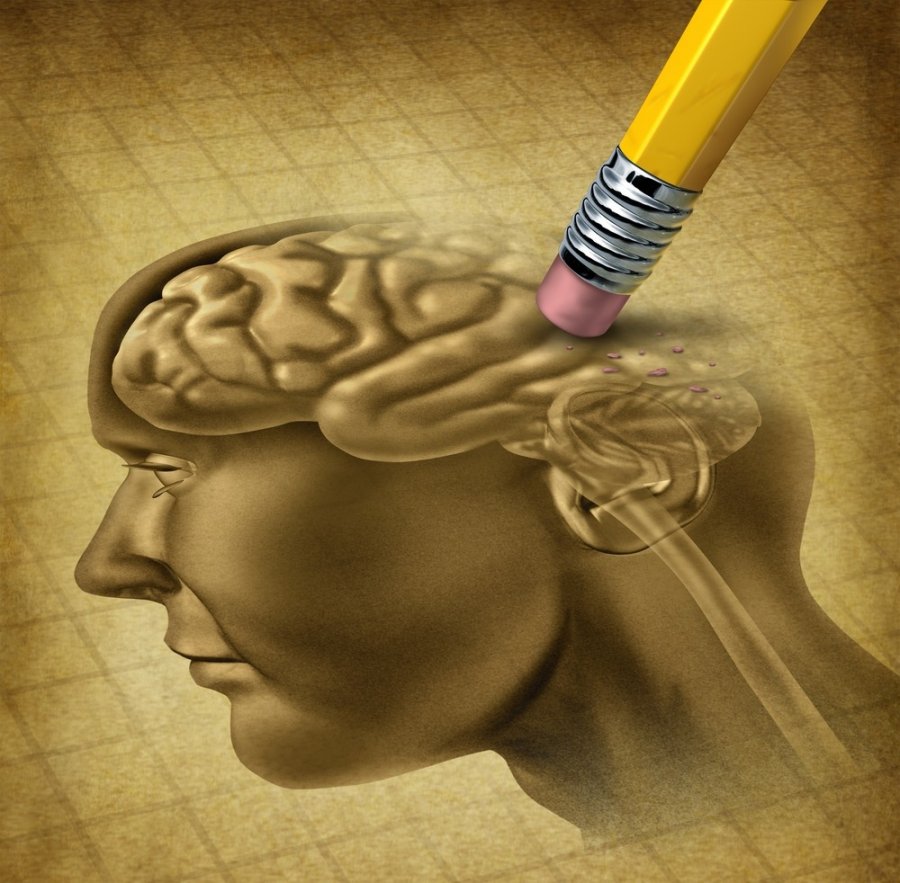
There are many learning methodologies and each person has to choose the one they prefer, i.e. some people learn best by hearing, some by seeing, some by doing, etc. People can be divided into 4 types of learning methods:
- Audible - learns best when he hears information or says it out loud, is easily distracted by other sounds, and there should be no extraneous noises during learning.
- Visible - must focus on poker books, poker films or other visual aids (e.g. posters, graphs, charts, etc.).
- Practical - learns by doing, by experiencing, and is the most emotional of all the types, because it tends to experience everything itself.
- Communicating - is a good listener and interlocutor, and the discussions help him to understand and absorb information better. This type of person learns best in groups.
Learning methods for each type:
Listening: participating in workshops, coaching programmes, audiobooks, audio recordings, recording yourself, your game, reading aloud and repeating material.
Visual: articles, books, graphs, charts, films, instructional poker videos, training programmes, poker forumsto write down your observations, make notes or transcribe them.
Communicating: forums, discussions, etc. explaining your game, your strategies for playing poker, discuss in real (live) groups.
Practical: play, observe your own play, analyses, artificially imagine situations, artificially induce overexcitement.
Combining different approaches
You must mix and match different learning methods to maximise learning effectiveness. For example, if you learn only by listening, you will lose 80% of information. Those who can combine different approaches, learning by hearing, seeing, writing, doing and discussing, can absorb up to 90% of information.
Memory
There are 3 types of memory: short-term, working and long-term memory. The main goal in learning is to transfer information into long-term memory. To do this, special techniques are used for each type of learning, e.g. simple repetition, or emotions and feelings (artificially triggered), help to transfer information into long-term memory. A learning strategy is essential to achieve good results and to reach your goals (qualitatively and quickly). A learning strategy is essential for the effective transfer of information into long-term memory.
Some general tips for developing a learning strategy:
- When you study, it is important to feel good, if you don't feel good, you don't study well, and you need good rest (sleep) and good food (protein). Sleep and a healthy diet guarantee the vitamins and proteins our nervous system needs to process information, keep attention, remember, etc., without feeling hungry or overfed. Plan your learning, how much and when to study, when to take breaks, and try to study every day.
- Study and work in a well-ventilated room (which is generally very important for your brain function and your mood), in loose clothing,
- Taking breaks is very important, because when you study for too long, your body and mind become unstable and studying for too long is counterproductive.
- Take short breaks every 20-30 minutes, otherwise much of the information will be unremembered and misunderstood. The ~5 minute breaks are the best way to take the burden off your body and head.
- After 2-3 hours of work, you must take a long break, but no more than 2 hours.
- Also remember that more than 6 hours of hard work a day is practically impossible.
- Repetition is essential. Once viewed, the material remains in the short-term memory. Planned and systematic rehearsals are needed to transfer the information into long-term memory.
-
- After the first reading (or similar) - the information must be repeated the next day (short, just a review).
- Within 3-4 days, the material must be repeated again, but in a more serious and deeper way than the next day.
- Repeat the material one month later.
- The last repetition after about half a year almost guarantees the retention of the material in long-term memory.
- It is better to read different chapters repeatedly than to read them all in one go.
- It is good to mix new information with information that has already been repeated.
- It is very important to understand learning objectives, benefits in the long termbecause there are sometimes problems, e.g. The "bad beat problem". Emotions affect people more strongly than logical thinkingAs a result, negative emotions start to dominate and a bad game is played (going "on tilt").
- It is very important to try to demonstrate correct play based on theoretical preparation, poker probabilities, mathematics etc., rather than emotions or past events.
- It is very important to keep working on theoretical preparation throughout the whole process, and this is especially important when starting to play poorly ("tilt").
- It is important to prepare and analyse your game, post your hands on the forums or participate in discussions.





